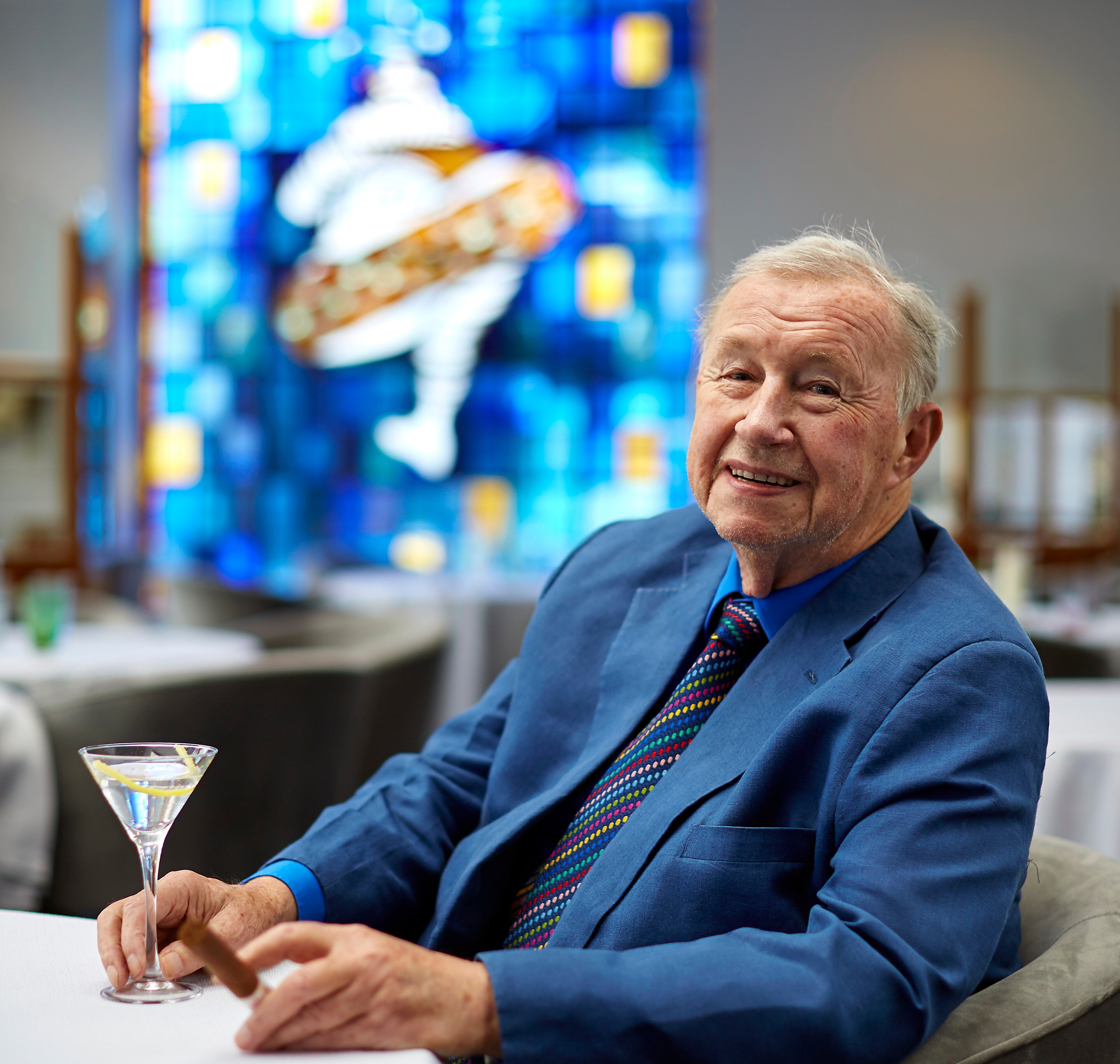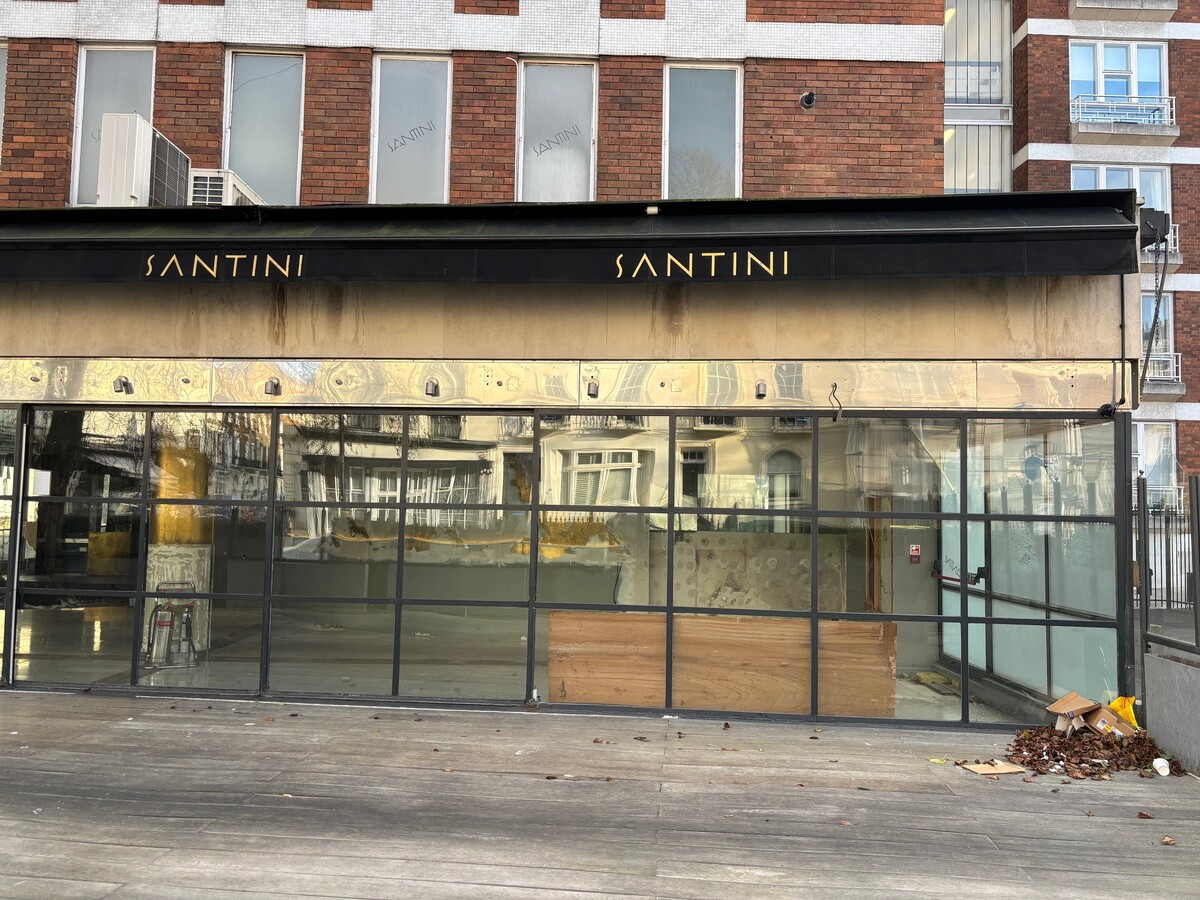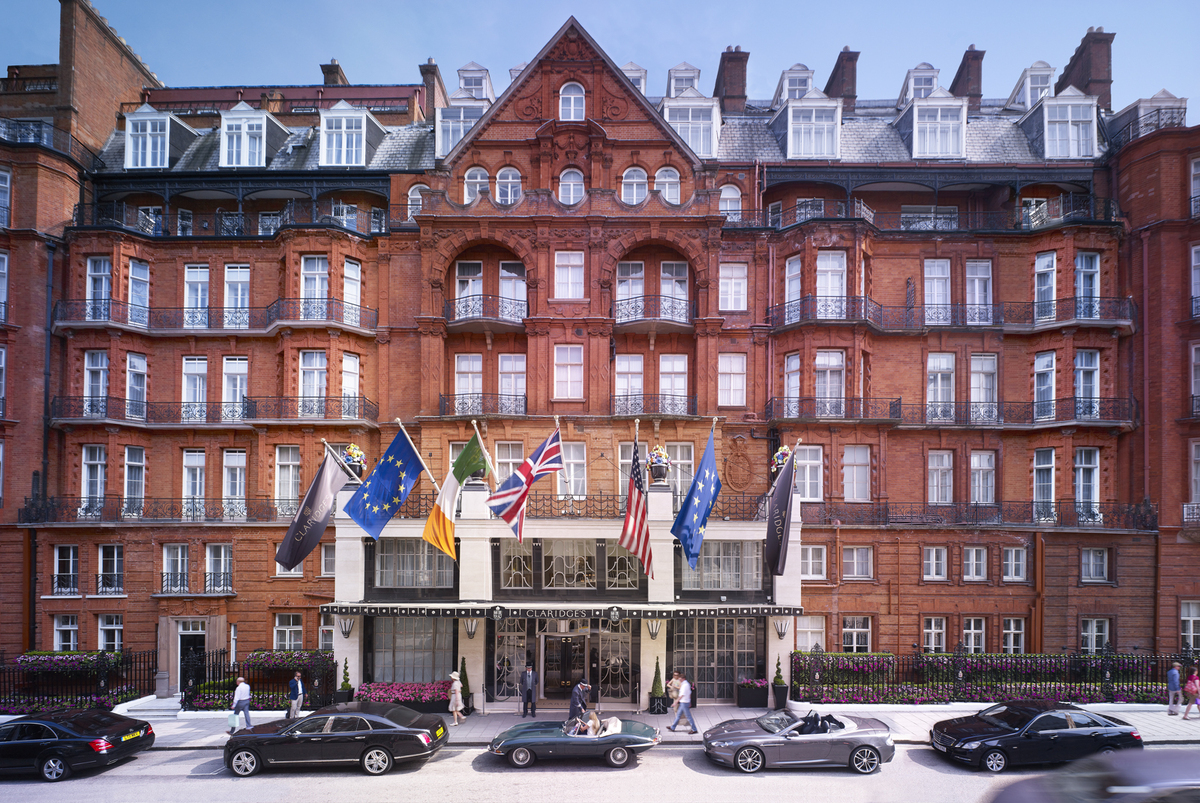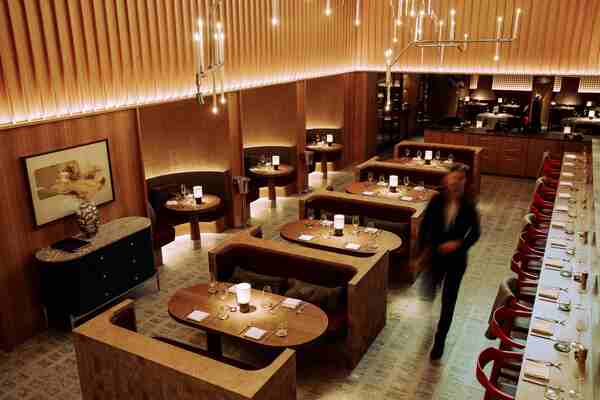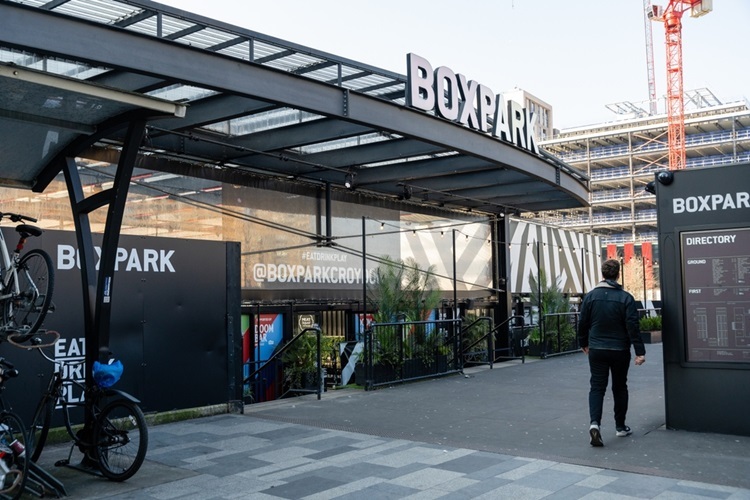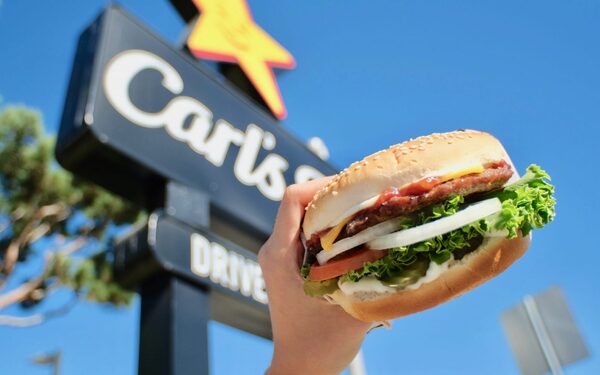Designer and restaurateur Sir Terence Conran dies aged 88
Sir Terence Conran, a designer and restaurateur who directly impacted the way in which so many of today’s restaurants look, has died. He was 88 years old.
A statement from his family said he passed away peacefully today at his Barton Court home: "He was a visionary who enjoyed an extraordinary life and career that revolutionised the way we live in Britain. A proud patriot, Sir Terence promoted the best of British design, culture and the arts around the world and at the heart of everything he did was a very simple belief that good design improves the quality of people's lives.
“From the late forties to the present day, his energy and creativity thrived in his shops, restaurants, bars, cafés and hotels and through his many design, architecture and furniture making businesses. Founding the Design Museum in London was one of his proudest moments and through its endeavours he remained a relentless champion of the importance of education to young people in the creative industries.
“Sir Terence enjoyed a remarkable life to the full and always maintained that his work never felt like a job – everything he did for business he would have done for pleasure.
“In his private life he was adored by his family and friends and we will miss him dearly. It gives us great comfort to know that many of you will mourn with us but we ask that you celebrate Terence's extraordinary legacy and contribution to the country he loved so dearly.”
Born in Surrey in 1931, Conran studied at the Central School of Art and Design (now Central St Martin's, part of the University of Arts, London). He set up his own furniture-making business in 1952, which later evolved into Conran & Partners.
In the early years of his career, Conran's focus was on designing furniture, but he always had an eye on restaurants. He opened his first restaurant in 1953, the Soup Kitchen in London’s Chandos Place, with the Orrery in 1954 and the Neal Street restaurants among his early successes. However, it was the launch of Bibendum in the iconic Michelin building in 1987 that set him on the path to becoming a giant within the world of hospitality.
Speaking to The Caterer in 2018, he said: “Our vision was to create something entirely new, placed somewhere between the relaxed atmosphere of a Parisian brasserie and the precise, elegant formality of somewhere like the Connaught. In terms of the food, I think Simon [Hopkinson, Bibendum's first head chef] called it ‘gutsy French bourgeois brasserie cooking’, which always made me smile.
“I'd say we managed to pull it off successfully, not least because it is still going strong all these years later under the excellent Claude Bosi. Making a success of Bibendum was a huge turning point in my career and really gave me the confidence and belief to open more and more restaurants.”
In an Instagram post, chef Bosi paid tribute to his business partner: "Sir Terence Conran was a visionary and a real legend. I really wish I met him earlier. This restaurant was so important to him; we will do our best to continue to make him proud. Tonight I will have a cigar in his honour. All my thoughts with his family - RIP Sir Terence."
Conran Restaurants was founded with business partner Joel Kissin in 1991 and became home to some of London's most celebrated restaurants, among them Quaglino's, the Butlers Wharf gastrodome (combining Le Pont de la Tour, Cantina del Ponte, Butlers Wharf Chop House, a food store, wine merchant and bakery), Bluebird and Coq d'Argent.
Many were game-changers, with stylish designs and simple menus that provided an antidote to over-embellished food and chintzy interiors. The aim was to create a more inclusive dining-out experience, but in venues that exuded quality and panache.
"I hope Mezzo gives people such a thrill that their jaws drop when they see it for the first time," said Conran when it launched in 1995.
Conran Restaurants took its first step into hotels with the creation of the Great Eastern hotel (rebranded in 2006 under the Hyatt Andaz brand) in the City of London, and moved overseas, opening Alcazar in Paris and Guastavino's in New York.
In 2006, Des Gunewardena and David Loewi led a buyout of Conran Restaurants and rebranded the business as D&D Restaurants. Gunewardena, chairman and chief executive of D&D, said: “He was a great man and made a massive contribution to Britain. I first came across him when I bought a table as a student from Habitat.
“He was a great man, a revolutionary – we built a great business together and had some great times. We had a very close relationship. At D&D today a number people who are in the business now actually worked with Terence in the restaurants – we owe a huge debt to him as he was the founder.
“He led a pretty good life – I can’t remember a lunch or a dinner that we had together when he didn’t have a nice Burgundy or Bordeaux and a nice cigar – he was real bon viveur. We had our moments of disagreement but I remember him for the great times we had together – he was a man of great charm and humour and lived life to the full. Tonight I’m going to fish out of my cellar the best bottle of Burgundy I can and drink to him. That’s what he would have wanted. He was a great and positive individual.”
Prescott & Conran was then launched in conjunction with Peter Prescott, former operations director at Conran restaurants, and his wife, Vicki. Boundary – comprising three restaurants and bars, 12 bedrooms, a British food store and a bakery in east London – kicked off the new company in 2008.
In 2017, Conran oversaw the relaunch of Bibendum, and was awarded the Lifetime Achievement Award at the Cateys for the exceptional mark he made on the restaurant and wider hospitality sector. It was just one of a host of accolades to have come Conran's way during a long and illustrious career.
As well as being knighted in 1983, he won two previous Cateys: Restaurateur of the Year (1994) and the Catey Special Award (1998).
His most recent restaurant launch was Wilder last year, in collaboration with chef Richard McLellan at the Boundary in east London.
Through his role as the founder of home furniture company Habitat in 1964 and later as owner of Heal's and the Conran Shop, he probably had a greater influence than any one person upon the aesthetics of our homes. He also founded the Design Museum in London in 1989.
His stylish mid-market restaurants revolutionised the London eating scene in the late 1980s and early 1990s, marking a reaction against the excesses of nouvelle cuisine and made dining out cheaper and more accessible without compromising quality.



